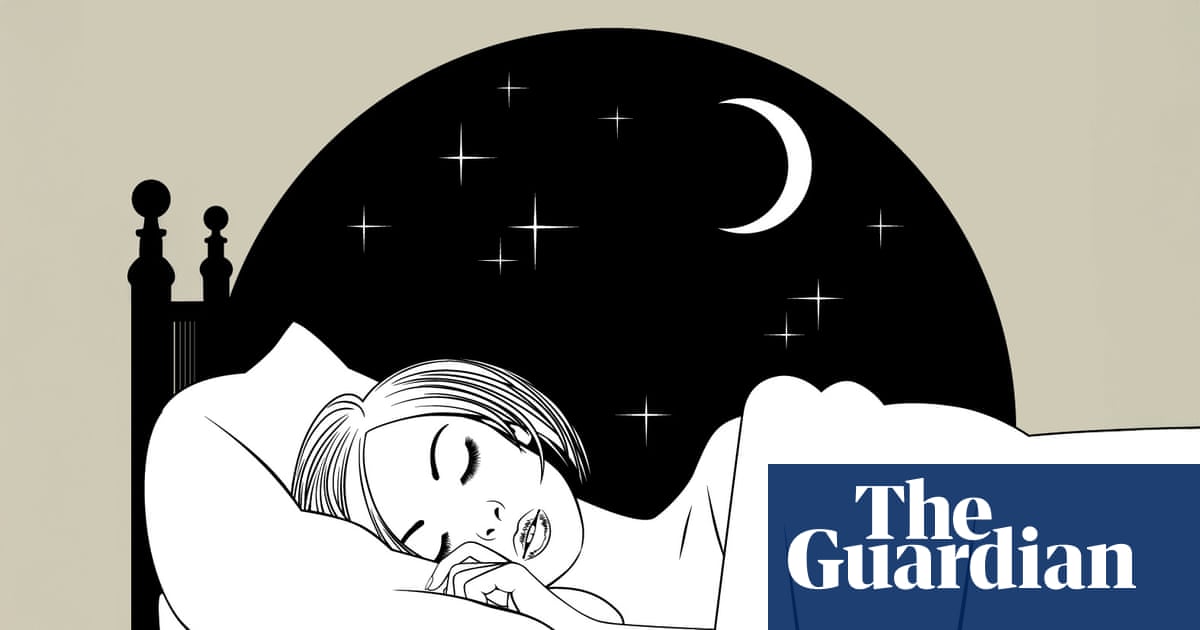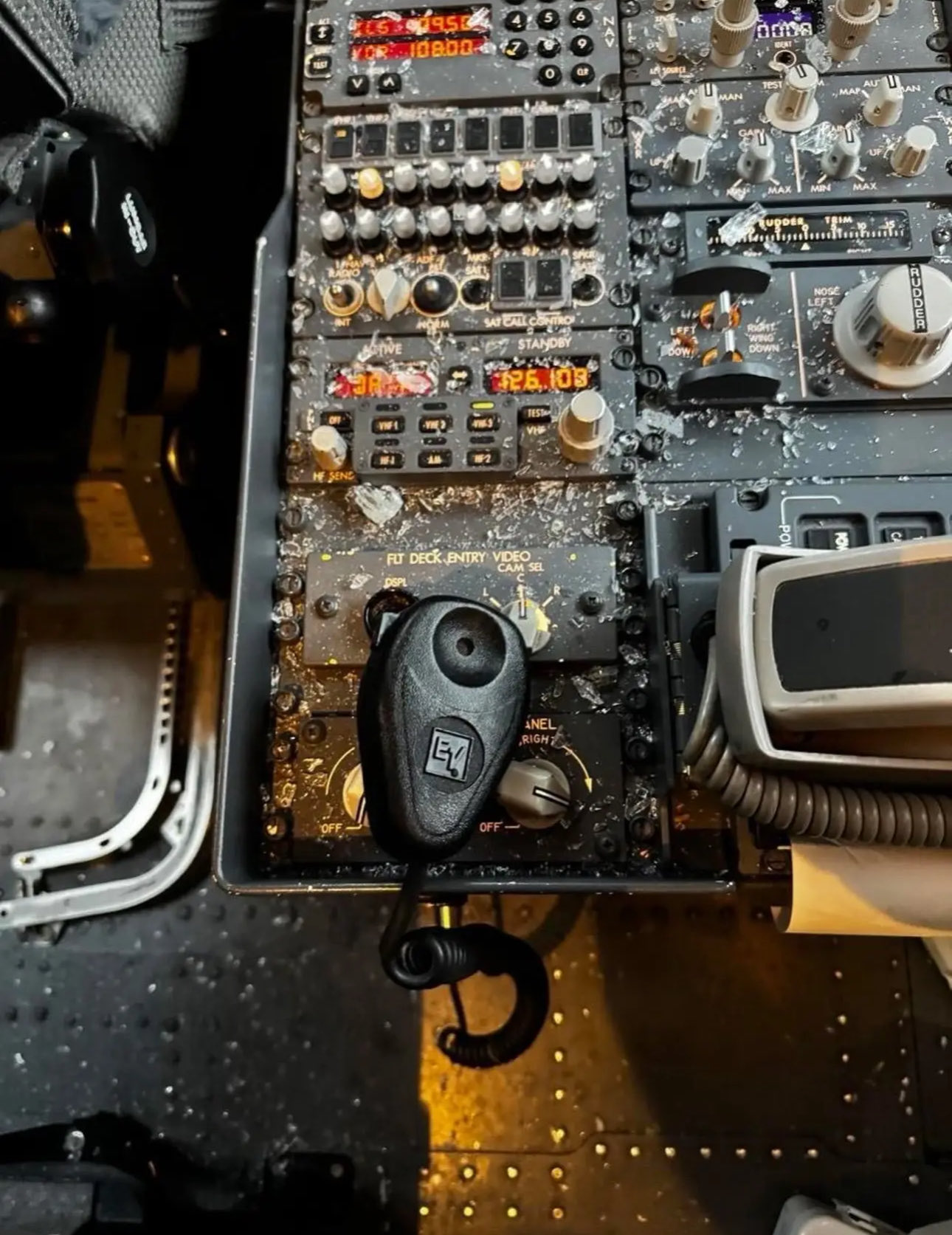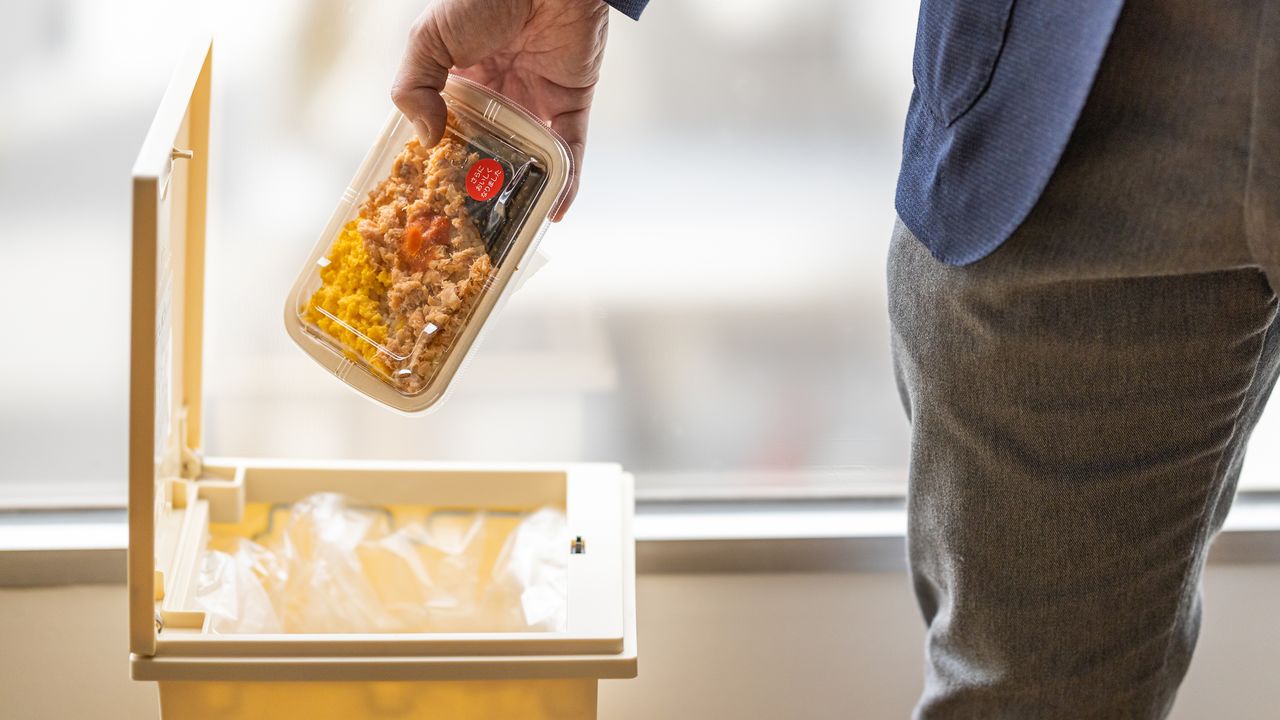A Third of Americans Are Sleepless: Discover the Shocking Causes and Solutions!

Did you know that one in three Americans are battling insomnia? It's a staggering statistic that reveals just how widespread and debilitating sleep issues can be. In a world obsessed with productivity, many of us sacrifice a good night's rest, leading to a burgeoning industry where billions are spent annually on sleep aids, luxurious mattresses, and the latest sleep-tracking gadgets.
As stress, screen time, and substances like caffeine and alcohol continue to invade our nightly routines, experts from The Guardian sought insights from seasoned sleep specialists on how to reclaim the elusive good night’s sleep.
Among the sleep experts consulted is Drew Ackerman, the voice behind the popular Sleep With Me podcast, who has personally grappled with insomnia since childhood. He emphasizes the importance of a consistent bedtime routine, turning what can often be a source of dread into something pleasurable. For him, winding down with journaling, meditating, and stretching creates an oasis of calm before sleep.
Andrew Bang, a chiropractor associated with the Cleveland Clinic, supports this idea. He advocates for gentle yoga or light stretching to prepare your body for rest. He believes our aim should be to go to bed feeling relaxed, rather than tense and tight.
Creating the ideal sleep environment is equally crucial. Clinical sleep psychologist Janet K. Kennedy insists that bedrooms should serve as personal oases, free from distractions. To achieve this, she recommends using a Yogasleep Dohm sound machine and the comfortable Manta sleep mask to block out light and noise, especially if you share your space with a night owl partner.
Meanwhile, sleep psychologist Aric Prather suggests investing in specialized products like Ozlo Sleepbuds to drown out noise disturbances. He and his wife also swear by their Hatch sunrise alarm clock, which mimics natural light and soothing sounds to ease them into wakefulness.
When it comes to mattresses, Bang advises looking for medium-firm options that come with generous return policies. After all, finding the right fit isn’t a one-size-fits-all task—it often requires a trial period to let your body adapt.
For those looking to spice up their sleep setup, Kennedy swears by crisp cotton percale sheets that remind her of her grandmother’s house, along with an Ice Cube pillow designed for side sleepers. Ackerman also endorses a weighted comforter that provides coziness without overheating.
Lastly, while sleep trackers can be beneficial, they can also cause stress for some users. Prather acknowledges their value in uncovering sleep patterns, but Kennedy warns against becoming overly fixated on the data, as it may lead to anxiety instead of restful nights.
If you're one of the millions struggling to find your way to dreamland, remember that small, consistent changes can make a world of difference. As these experts share their wisdom, the journey to better sleep is no longer a solitary one. Reclaim your nights and transform your days!

















